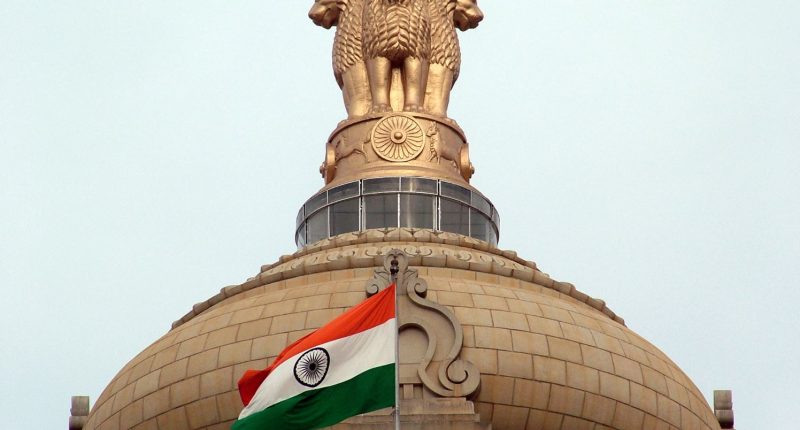Social media and OTT platforms have seen rapid success around the world, and ever since the internet revolution in India with the advent of Reliance Jio, the country has been one of the biggest markets for content. However, as the popular saying goes, ‘With great power, comes great responsibility.’ Today, India has decided to take up the charge of making sure that said responsibility is fulfilled. The government has issued new guidelines to regulate content on social media and OTT platforms.
The government wants to ensure that social media and OTT platforms see merit in the Indian market, and have thus, the guidelines put most of the pressure on social media to regulate themselves.
“Social media is welcome to do business in India, they have done well, gathered good number of users and empowered ordinary Indians,” said Union minister Ravi Shankar Prasad.
However, he also added that “there shouldn’t be double standards. If attack takes place on Capitol Hill, then SM supports police action but if there’s aggressive attack on Red Fort, then you’ve double standards. This is plainly not acceptable.”
The minister added that the govt’s focus is to have a defined mechanism for all social media platform, much like cable television. This means that OTT platforms will be regulated by a regulatory body, which, according to the minister, will be headed by a retired supreme or high court judge.
The government also wants to instate a Chief Compliance officer, Nodal Contact person and a Resident Grievance officer under the new system of social media regulatory mechanism. The Chief Compliance officer will be responsible for ensuring compliance of Acts, while the Nodal Contact person will ensure coordination with law enforcement agencies. Last but not least, the Resident Grievance officer will be in charge of grievance redressal.
Under the new mechanism, the platforms will have to reveal first originator of “mischievous” content, said RS Prasad. He also made sure to add that social media companies do not have to break end to end encryption to oblige by this rule, clarifying that the government would only require to get the publisher of the content and not the content itself.
However, many companies have argued that such a provision would not be possible without jeopardizing the privacy of users.
Moreover, OTT platforms and digital news media will have to discuss details about how they publish content. That is not all, as these platforms will also be required to self regulate content for different age groups– into 7+, 13+, 16+ and A categories. Moreover, there need to be parental controls to ensure that age inappropriate content does not get serviced to teens.
The panel added that there needs to be an oversight mechanism for serving quick decisions in matters that require immediate attention.
Social media platforms will also be required to acknowledge requests for content removal with 24 hours, and offer complete redressal in within 15 days. However, in more severe cases, firms will be required to take down the objectionable content within 24 hours.
Digital media portals will have to be in charge of checking misinformation, and employ self restrictions based on the new guidelines. Moreover, social media platforms will also have to “have a provision for the voluntary verification mechanism of the users”, said Ravi Shankar Prasad.
The government has given 3 months to these platforms to come in accordance with the new guidelines.
This comes after a recent tussle between the Indian government and Twitter, after the social media platform declined to take up the government’s request to ban certain accounts related to the farmers’ protests in the country. While Twitter did comply with the demands later on, it did so begrudgingly, leading to rising acrimony between the American tech giant and the government of India.
The announcement has caused upheaval in the industry, with companies objecting that the government did not consult them before passing these guidelines. On the other hand, the panel said that it has been in contact with the industry for quite some time, and was able to extract enough information to pass laws that would be beneficial to all parties.
The Tech Portal is published by Blue Box Media Private Limited. Our investors have no influence over our reporting. Read our full Ownership and Funding Disclosure →






